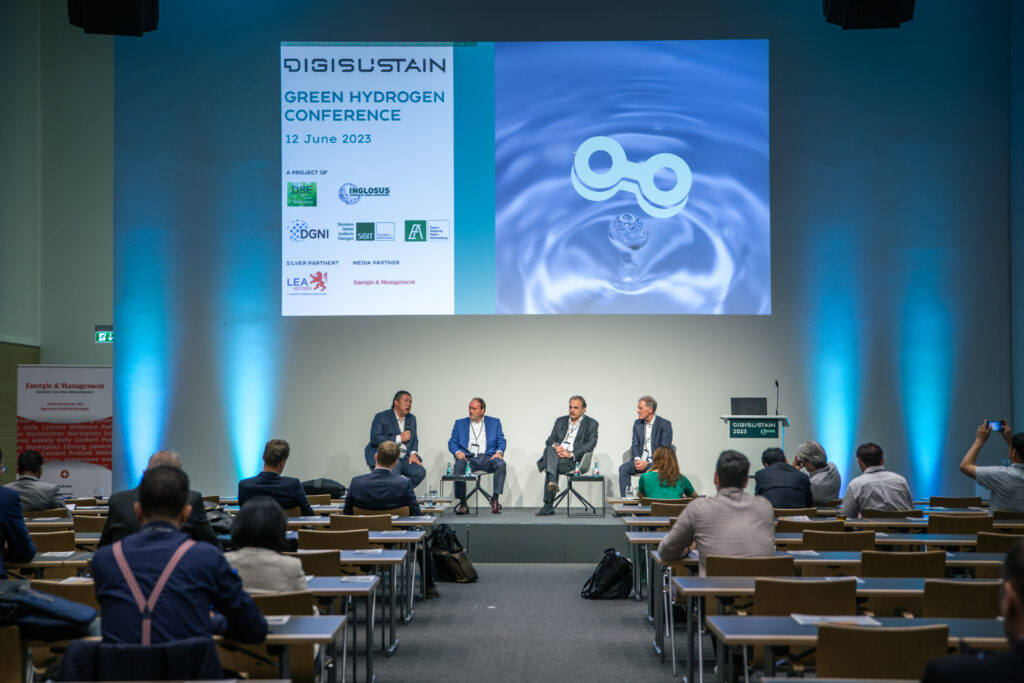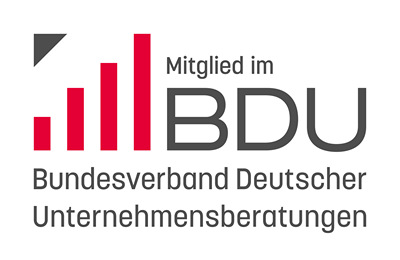Green Hydrogen Conference on June 12 and 13, 2023 | Digisustain 2023
Building up Large-scale International Hydrogen Hubs Requires New Technologies and a New Integrated Approach for Implementation
Export-Akademie hosted the Green Hydrogen Conference in the framework of Digisustain in Frankfurt. The conference looked into the future key enablers of green hydrogen production and its benefits for the global economy. EABW created a conference program that included topics ranging from supply chain, green hydrogen hubs, carbon markets, R&D, to training and education. The key players in sustainable industrialization and a global transition towards decarbonization could join the impactful discussions and network together in Kap Europa.
It was a great honour to welcome partners of Export-Akademie from China, India, Namibia, South Africa, and Europe to the conference. China was represented by Helen Ma (Steinbeis Center Asian Pacific) and Dr. Peter Merker (DSE Green Technologies). Representants from leading Chinese companies BAIC Group, Heracles and SinoHytec participated at the conference. Cooperation partners Vineet Goyal from Steinbeis India and Raj Vangapandu from IndoEuroSync could contribute to impactful discussions. It was a pleasure to see Francois van Schalkwyk (Namibia Investment Promotion and Development Board) and Dr. Markus Thill (Africa President Robert Bosch South Africa). Also, DSE guests from Austria, Belgium, Great Britain, Netherlands, and Italy participated in the two-days event.
Green Energy and Green Hydrogen Technologies
Technologies and the green hydrogen value chain were the main discussion topics of the first conference day.



